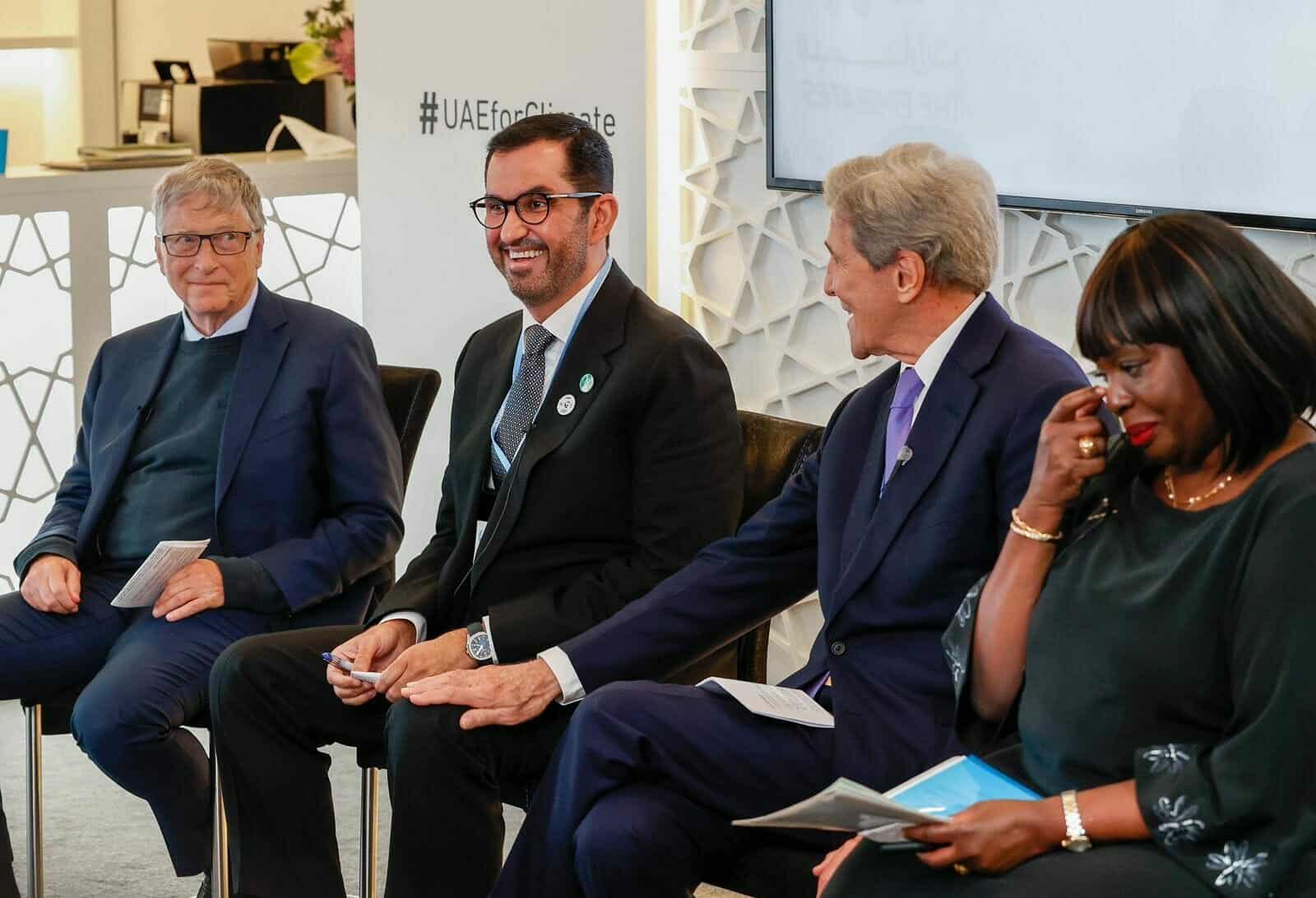The UAE has invited the world to develop an ambitious agenda for COP28 that will accelerate the development of practical solutions and make crucial progress on climate action.
As a country that has offered to host COP28 in 2023, UAE made this invitation at the UN Climate Change Conference (COP26) in Glasgow.
Dr. Sultan bin Ahmed Al Jaber, Minister of Industry and Advanced Technology and Special Envoy for Climate Change, delivered the UAE’s National Statement at the summit.
Al Jaber urged the participants to find sustainable solutions that will tackle climate change and create sustainable economic growth with a positive social impact.
The Asia Pacific Group of nations had endorsed the UAE’s bid to host COP28 in 2023. Al Jaber told the summit that the UAE looks forward to securing international support for its bid.
Dr. Al Jaber highlighted the UAE’s expertise in climate action, its focus on sustainable growth, and its capabilities and potential for hosting the world’s largest and most important international climate change event.
He said, “Our nation’s Founding Father, Sheikh Zayed bin Sultan Al Nahyan, set out the principles of sustainability in all sectors. These principles have been integral to our nation’s efforts in protecting the environment, diversifying energy sources, and developing policies to reduce the impact of climate change. ”
“The effects of climate change transcend borders, and are relevant to all nations, small or large, developed or developing, rich or poor.”
Dr. Al Jaber said that global climate action must address the different needs of all stakeholders. He told delegates, “We should avoid a one-size-fits-all approach.”
He said the UAE believed that investing in low-carbon solutions in the energy sector will drive economic prosperity.
“Launched last October, the UAE ‘Net Zero by 2050’ Strategic Initiative reflects the vision of our leadership and the ambitions we have outlined for the ‘Next 50’ years of our nation,” he said.
At COP26, the UAE and the International Renewable Energy Agency (IRENA), headquartered in Abu Dhabi, announced the Energy Transition Accelerator Financing (ETAF) Platform, a new global climate finance facility to accelerate the transition to renewable energy in developing countries.
The UAE committed US$400 million in funding provided by the Abu Dhabi Fund for Development (ADFD) toward the platform’s goal of securing a minimum of US$1 billion in total funding.
Further, the Agriculture Innovation Mission for Climate (AIM for Climate) – a major new initiative led by the UAE and United States (US) with the support of over 30 governments – was also officially launched. AIM for Climate announced an “early harvest” of US$4 billion of increased investment to accelerate innovation for climate-smart agriculture and food systems over the next five years.
The UAE has pledged US$1 billion of increased investment as part of this initiative, which aims to increase and accelerate agricultural and food systems innovation in support of climate action.
An official statement said the UAE is home to three of the largest and lowest-cost solar power plants in the world and has built the first large-scale carbon capture, utilization and storage (CCUS) facilities in the region. As well as being the first country to deploy zero-emission nuclear energy to its grid – and a pioneer in new Net Zero energies such as hydrogen.

